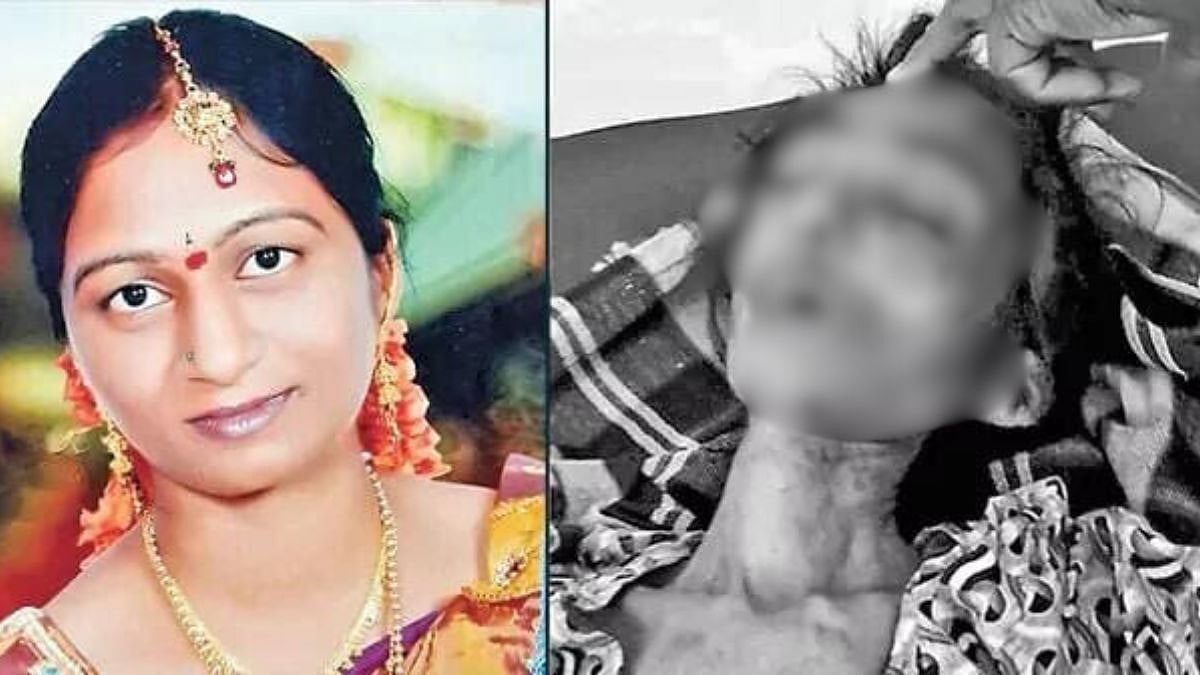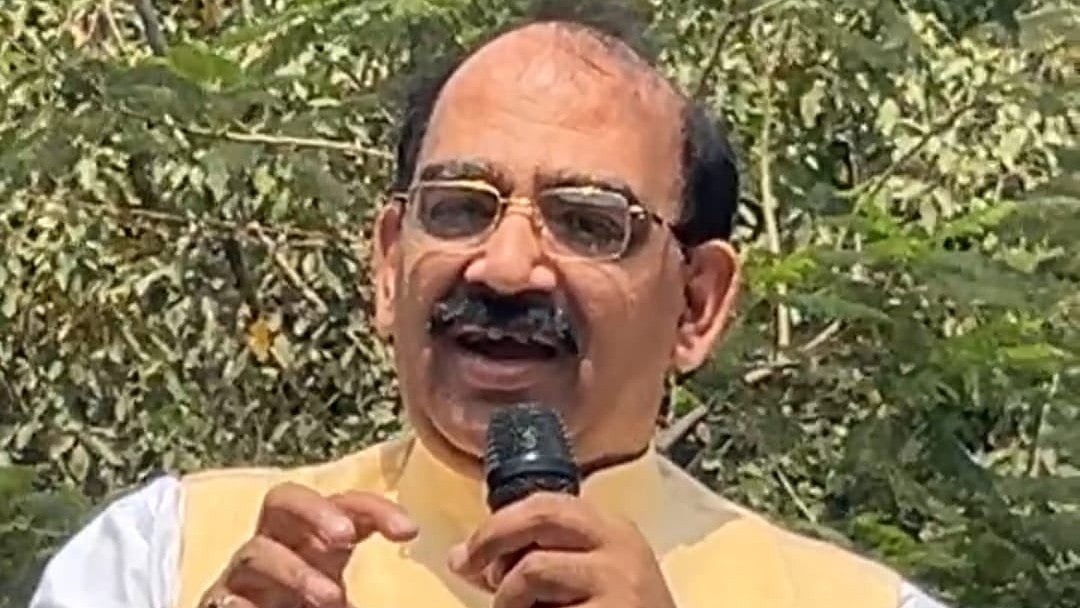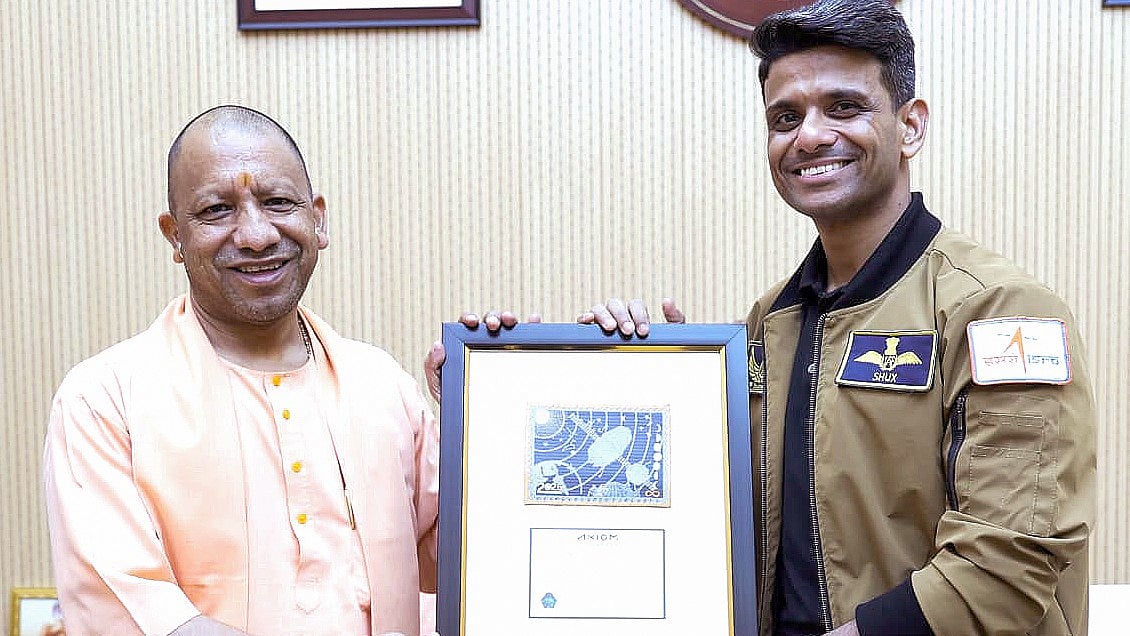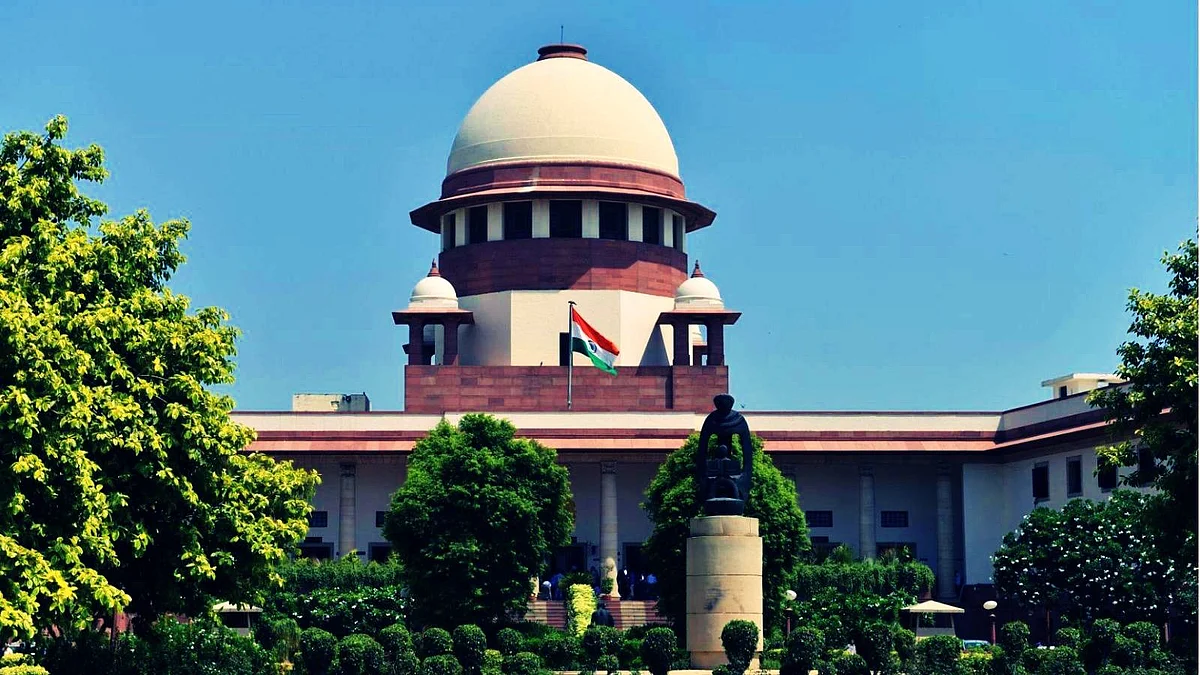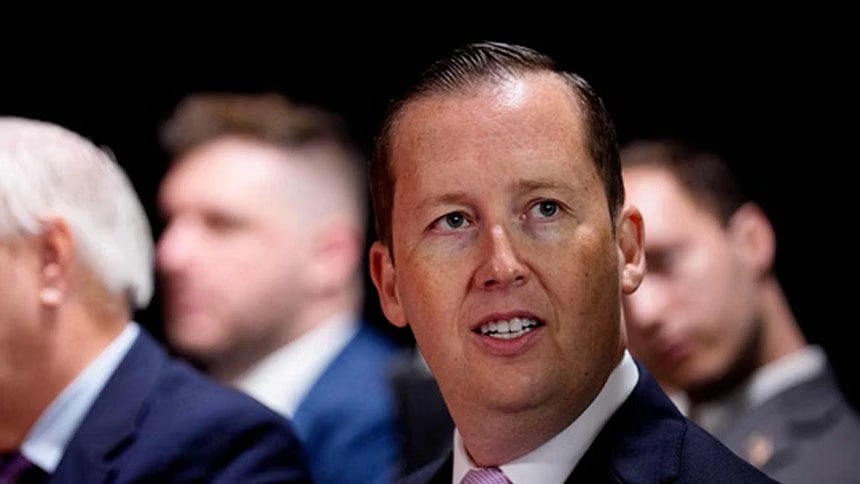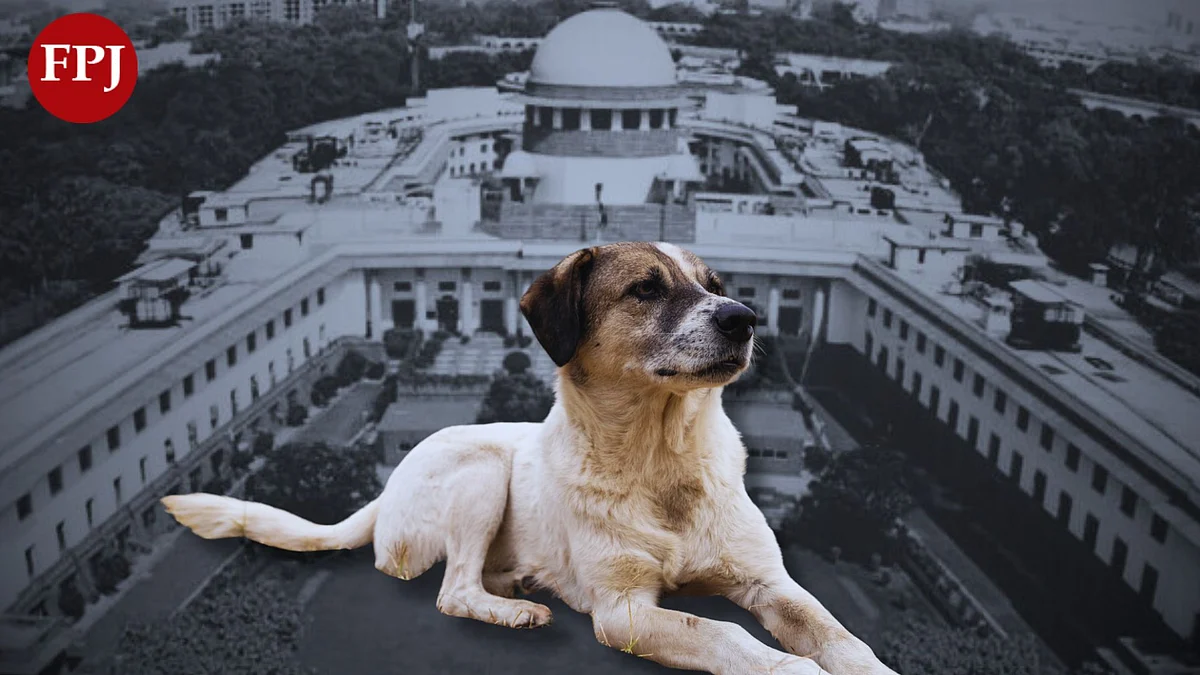The Opposition’s rallying cry of “save democracy” has pitched the 18th general elections as a test of India’s representative democracy. Supported by overseas partisans, it contends that elections in India are neither free nor fair, despite a largely tamper-proof electoral system. The claim plays well to global audiences, but has little resonance among Indian voters.
They have heard it all before. The West has always been dismissive of India’s democracy. Winston Churchill famously justified colonial rule on the grounds that, if the British left, India would fall into barbarism, and German mercenaries would be instrumental in establishing a Hindu nation. He was not the only sceptic – many believed that post-colonial India would be Balkanised.
The late parliamentarian S Jaipal Reddy explained India’s success in his book Ten Ideologies, crediting Mahatma Gandhi with breaking through centuries-old barriers of religion, region, race, caste and language to weld India together, and craft a qualitatively new definition of nationalism. Baffled Western intellectuals failed to understand how representive democracy could thrive in a poor, illiterate, multi-linguistic, multi-religious, multi-ethnic and multi-cultural country.
Post-colonial India, they believed, was hanging by a thread. Time and again, pundits like Aldous Huxley predicted a collapse into a military or communistic dictatorship. In the 1960s, The Times of London confidently declared that democracy in India was disintegrating and the fourth general elections (1967) would be her last. In the 1970s, Time magazine forecast a descent into chaos, even as other journals revived the bogey of military dictatorship. One way or another, the West was convinced, democracy would be extinguished.
India proved more than capable of maintaining her democracy, by self-correcting when necessary. Authoritatian or corrupt regimes were ousted. Regional parties proliferated, strengthening India’s federal character and keeping the centre in check. The electoral reforms of the 1990s curbed malpractices, while the Collegium system insulated the judiciary from political interference.
Transfer of power is always peaceful. In India, the loser publicly accepts the sovereignty of the people and bows out, in sharp contrast to the events of January 6, 2021 in Washington DC, when a mob stormed the US Capitol in the wake of the 2020 presidential election. The US, it seemed, could have done with a dose of India’s democratic spirit.
Current concerns vis-a-vis the general elections centre around two factors: the absence of a level playing field, and fears that the electoral machinery isn’t as nonpartisan as it should be. Can either affect the outcome of elections?
The BJP is by far the most resource-rich party. But the assymetry between rich and poor parties has always been manifest, and “money power” has never been proof against the will of voters. Likewise, the incumbency advantage does not guarantee a win; indeed, it is often outweighed by anti-incumbency.
Control over regulatory agencies has certainly translated into strict and probably politically-motivated action against Opposition leaders like Delhi Chief Minister Arvind Kejriwal, erstwhile Jharkhand CM Hemant Soren and BRS leader K Kavitha. The Congress, too, has received Income Tax notices. On the flip side, the ruling party risks a sympathy wave in favour of its rivals, specially if the latter are given a clean chit by the courts.
In terms of leveraging the power of the media and social media, the BJP is again far ahead of its competitors. Journalists certainly complain of being muzzled, partly as a result of self-censorship practiced by media houses and partly by the strong arm of the government. But the very diversity of the Indian media ensures that at least some “fearless” journalists are able to castigate the ruling dispensation. The average consumer of news is well aware that the government has been accused of eviscerating press freedom, nobbling the judiciary, flouting Constitutional norms, targeting minorities, undermining institutions and imposing an undeclared Emergency.
Two arguments are cited in favour of the “democracy endangered” trope. First, that the election process is compromised and second, that the Indian voter is not invested in representative democracy.
It can be argued that the electoral system is too robust to rig. There are at least two or more viable candidates for each seat, credible observers, extensive videography, media presence and polling agents representing each candidate at the booth level. Experts have ruled that electronic voting machines or EVMs are tamper-proof, elaborately sealed and randomly distributed. The paper trail is maintained through VVPATs. Any and all concerns vis-a-vis the sanctity of elections must be taken seriously, but the evidence against EVMs is sketchy. Short of physically hijacking the EVMs, it’s hard to rig an election.
Coming to the question of whether voters have given up on democracy, far from it. Enthusiasm for elections is growing, with voter turnout breaching 67% in 2019. Besides, voting behaviour differs widely in local body, Assembly and Parliament elections, indicating that voters are using their heads. While citizens may not have much sympathy for incarcerated politicians, or be roused by abstract “threats to democracy”, they have no hesitation in throwing out an underperforming government or vesting confidence in a capable one. The Churchillian brigade can save its breath, because no party, however confident and seemingly powerful, can afford to lose sight of the fact that its tenure can end with the press of a button.
Bhavdeep Kang is a senior journalist with 35 years of experience in working with major newspapers and magazines. She is now an independent writer and author

